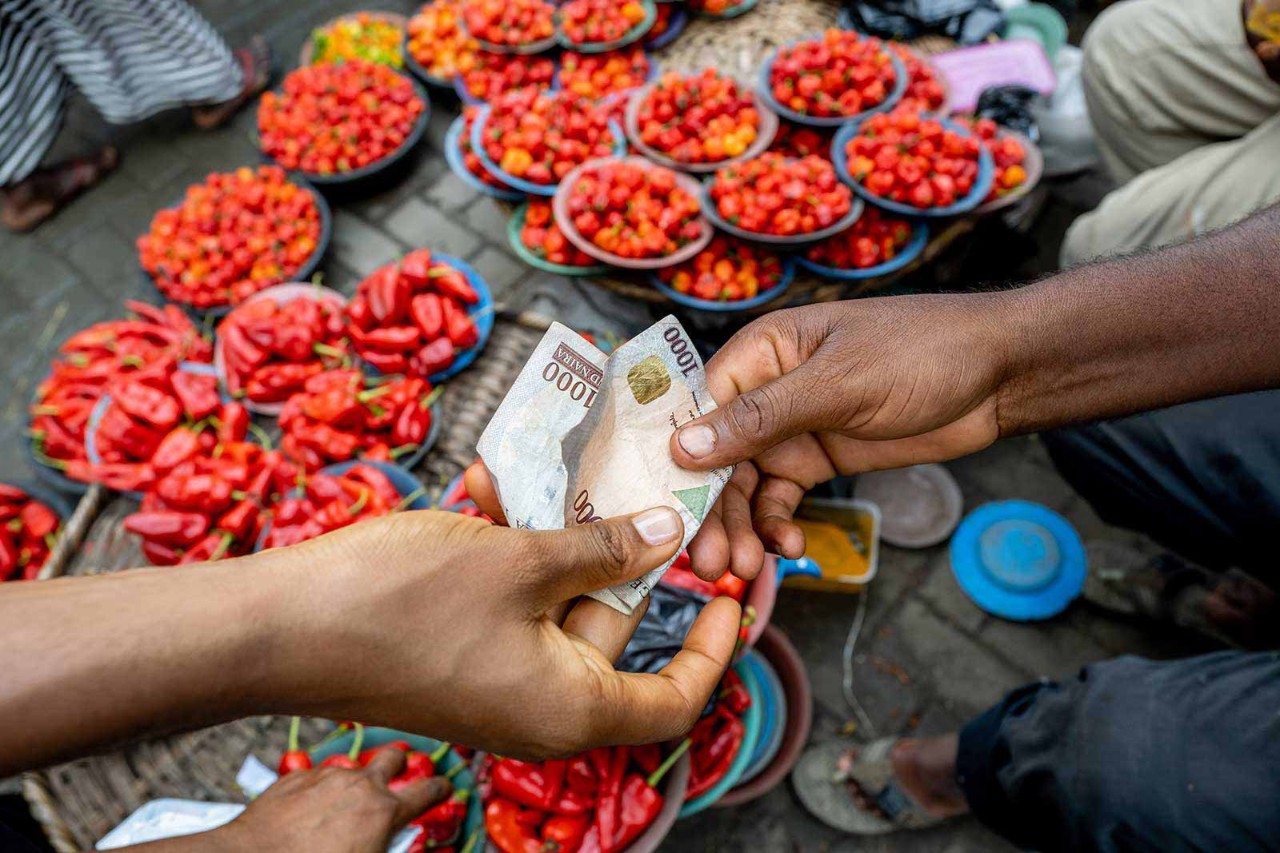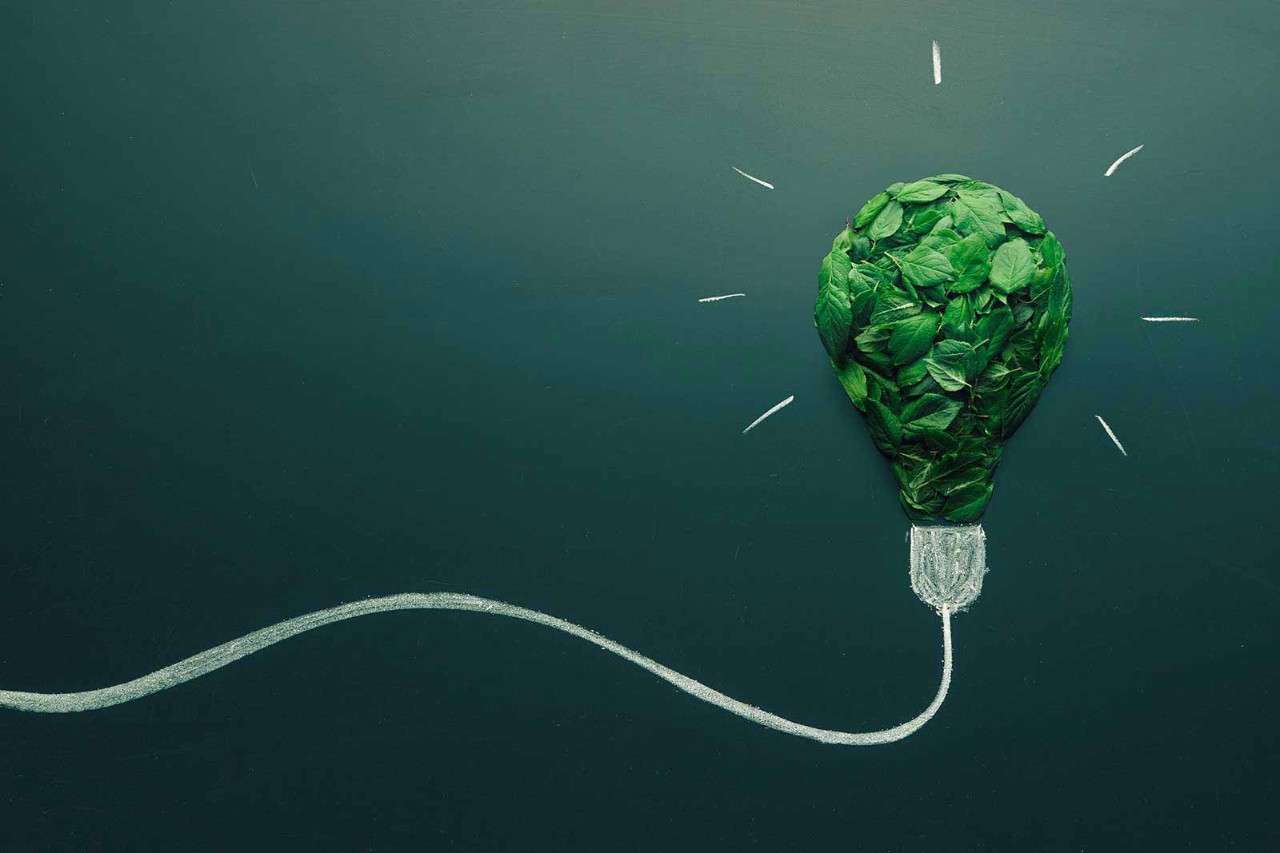
Feeding the growing population of Africa, at a time when climate change is threatening crops and the cost of meat is rising beyond the reach of many, is seen as the continent’s greatest challenge. Farmed fish – specifically tilapia, the collective name for multiple species of freshwater fish that have been a vital part of the diet of Africans for generations – could provide the answer.
Tilapia is a highly nutritious, environmentally sustainable – emitting 30 times less CO2 than beef farming – and affordable source of protein, but in recent years overfishing has sharply reduced stocks across Africa.
‘A fish farm in Kenya seemed a bit of a leap, but I went for a visit and it blew my mind’
On the shores of Lake Victoria in Kenya, fast-growing Victory Farms is aiming to become the world’s most sustainable fish business, on a scale that could eventually meet demand across Africa; the company has ambitious plans to quadruple its capacity within five to six years. And in achieving this ambition, finance director Ekua Nkyekyer FCCA is playing a crucial role.
Entrepreneurial guide
Born in Ghana, educated in the US and trained in the UK, Ekua is no stranger to guiding entrepreneurial companies. As a newly qualified accountant she returned to her home country in 2013, at a time when digital technology was beginning to transform Ghana. Still in her 20s, she became country CFO at the newly founded e-commerce company Jumia (one of Africa’s first unicorns, now listed on the New York Stock Exchange and employing more than 4,000) before taking on the top finance job at a young Ghanaian business, expressPay, one of the first companies to introduce digital payments to consumers on the continent.
CV
2022
Finance director, Victory Farms, Nairobi and Homa Bay County, Kenya
2020
Associate consultant, McKinsey & Co, London, UK
2019
MBA, INSEAD, Paris, France and Singapore
2015
CFO, ExpressPay, Accra, Ghana
2013
Country CFO, Jumia Group, Accra, Ghana
2012
Management accountant, Confederation of British Industry, London
2011
Gained ACCA Qualification; became advisor, regulatory risk consulting, KPMG, London
2007
Assistant manager, public sector audit and assurance, KPMG, Birmingham, UK
Ekua joined Victory Farms in 2022 following an approach from a former INSEAD classmate. ‘I had been working for McKinsey in London during the pandemic and was looking for something new,’ she says. ‘A fish farm in Kenya seemed a bit of a leap at first, but I went out for a visit and straightaway was sold on the idea. I’d never worked anywhere that made something from scratch. It blew my mind.’
‘I like the idea that a business can be actively beneficial to the communities it operates in’
For Ekua, the role joins all the dots. ‘This job is a combination of a lot of the things I wanted to do, not just applying my skills and knowledge as an accountant, but being able to counsel and mentor younger finance professionals, and being part of a company that’s focused on sustainability. That’s very important. I like the idea that a business can focus on growth and not just avoid doing harm, but be actively beneficial to the communities it operates in.’
Responsible technology
Technology has allowed Victory Farms, which was established in 2016, to expand more quickly than any other African fish company; it is particularly successful in managing its cold chain with minimum waste. But it is also committed to using technology responsibly. Its processing division, for example, employs more than 150 people (most of whom are women) on wages that are high for the region, even though automation could reduce that number to 20.
‘Sometimes you have to make the balance between automating a process and keeping it manual because you want to keep those jobs,’ says Ekua. ‘I love that.’
‘Victory Farms is empowering women, who are often the main breadwinner, to be entrepreneurs’

Victory Farms has also been careful to respect traditions while making improvements wherever possible. ‘The impact that this company has is what keeps me here. Its importance to the local rural community, in providing affordable food and employment for hundreds of people, can’t be overstated,’ says Ekua.
In Western Kenya, fishermen on the shores of Lake Victoria have traditionally sold their tilapia catch to local women, known as mama samaki, who cook it and sell it on to rural communities. Before Victory Farms was established, supply was unreliable; prices fluctuated and a very unfortunate system of ‘sex for fish’ plagued the entire lakeside, Ekua explains. ‘Now, they can come to us to buy their fish, they know the pricing and some even have access to credit,’ she says. ‘It’s empowering these women, who are often the head of their household or the main breadwinner, to be entrepreneurs.’
Expansion plans
While Victory Farms is committed to maintaining its customer network of more than 15,000 local women, it also plans to expand into hotels, restaurants and supermarkets. Although it operates primarily in Kenya – with a climate-friendly cold-supply chain that distributes to trading points across the country – the company recently opened a production and distribution operation in Rwanda, and earlier this year raised US$35m from venture capital investors, which will be used to expand its operations in Kenya and Rwanda; it is also considering entering Ethiopia, Uganda and Tanzania over time. ‘It’s more challenging raising funds for agriculture than it is for tech, but we have had a lot of interest from solid investment partners,’ Ekua says.
The impact of the company is clear and goes well beyond providing affordable and plentiful food. Fish stocks outside the farm in Lake Victoria are beginning to rise, the mama samaki network is thriving and the company’s donations of clean water to communities in the region are resulting in a fall in waterborne diseases.
‘Every time we do something new, the role of finance expands’
The business recently started a new project, the Homa Bay Extensive Aquaponics Programme, a partnership with communities along the lakeside to build brood stock ponds from which the farm harvests eggs for hatching. ‘The plan is to use the runoff wastewater from these ponds, which is very dense in nutrients, to fertilise and irrigate the land,’ says Ekua. ‘We’ll use a gravity-based irrigation system, so the cost to run it will be negligible.’
The ultimate goal of Victory Farms is to be carbon negative. The production of fish food is responsible for the vast majority of its emissions, but the company is hoping a new joint venture fish-feed mill, which runs entirely on renewable energy, will help it to meet its goal.
The finance function is very much at the centre of Victory Farms’ growth. ‘Every time we do something new, the role of finance expands,’ says Ekua. ‘Procurement, HR, IT and finance are the heart of the business, and finance is involved in designing all the solutions. On any one day, I could be asked to approve the purchase of a US$800 fridge or check the terms of a US$5m loan. It’s a very collaborative business; we know we’re building this amazing thing together.’





